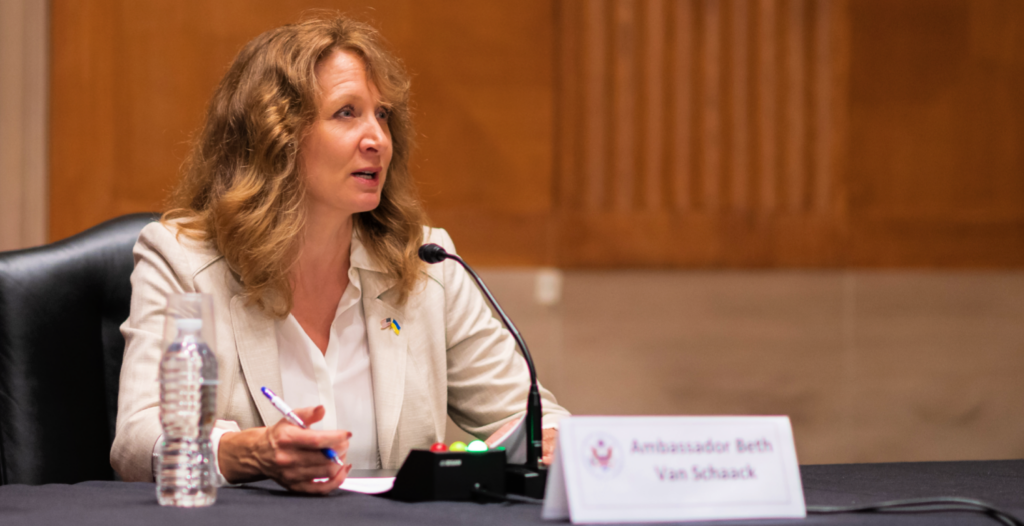Rep. Chris Smith (NJ-04), other legislators, and witnesses discussed Internally Displaced Persons (or IDPs) in the north Caucasus region of the Russian Federation, Georgia, Armenia, Azerbaijan, and Turkey. At the time of this hearing, this set of countries represented the greatest concentration of IDPs fleeing conflicts anywhere in the OSCE, which then consisted of 55 states.
IDPs are not granted the same protections as refugees as stipulated under the U.N. Refugee Convention, although IDPs face similar problems, due to the fact that IDPs do not cross international borders.






